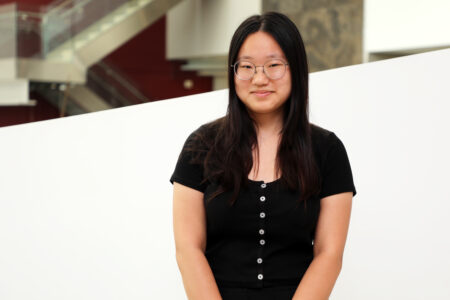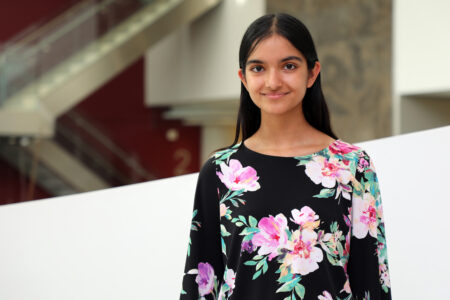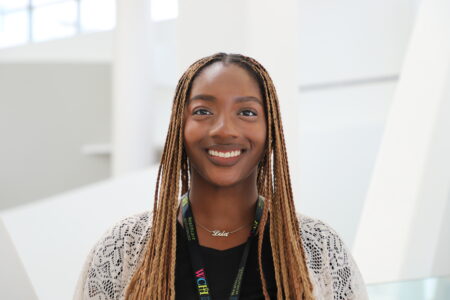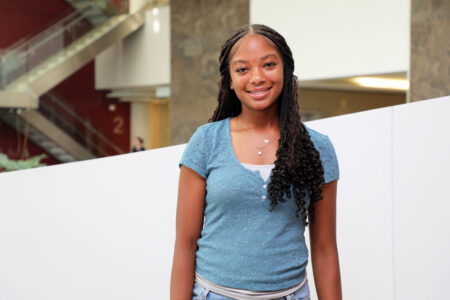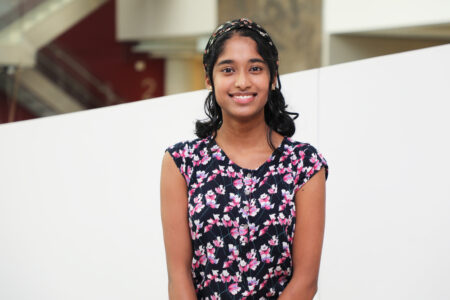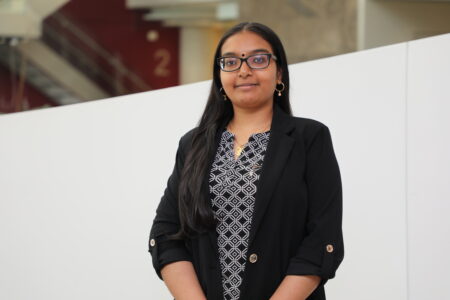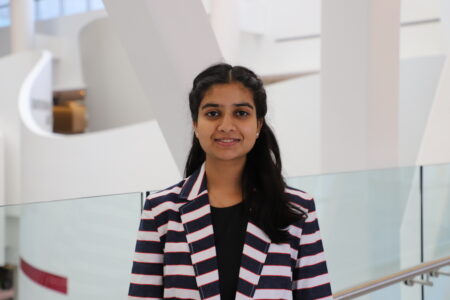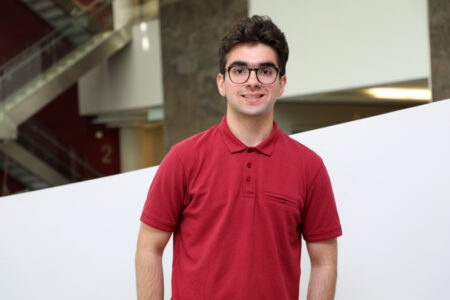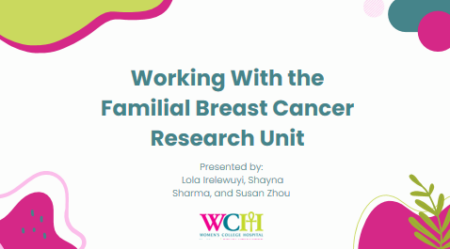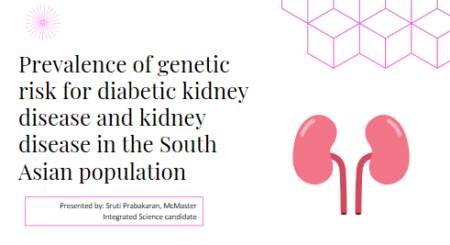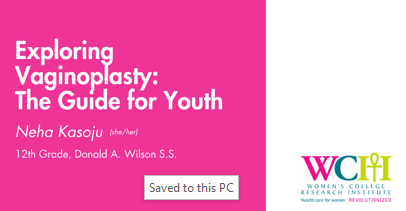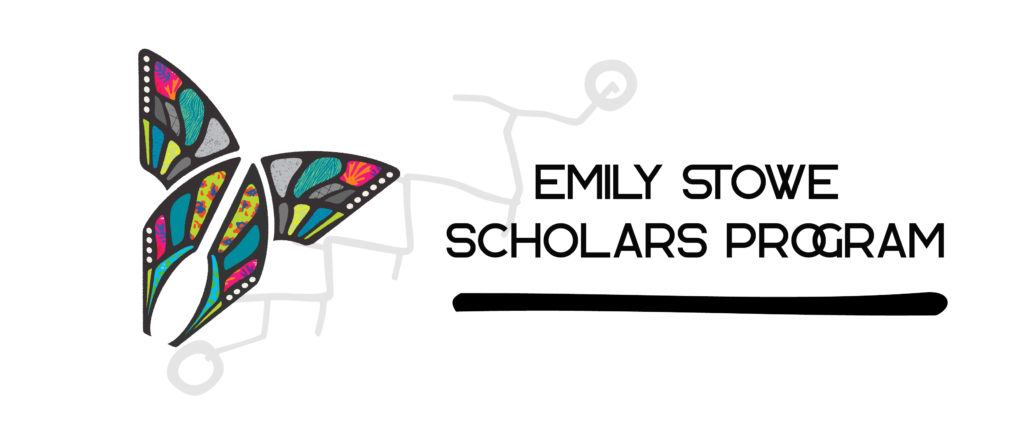
The Emily Stowe Scholar Program (ESSP) was named in honour of Dr. Emily Stowe, Canada’s first woman doctor. Dr. Stowe aided in establishing Woman’s Medical College in 1883, Toronto’s first medical school for women. The ESSP assembles a community of individuals, foundations and corporations dedicated to breaking down barriers to careers in academics and health leadership.
Currently in Canada, women, in particular those from diverse communities, continue to be underrepresented at all levels of health sciences senior scholarship and leadership. Without equity and diversity in the academic health sciences community, we simply cannot revolutionize healthcare for a healthier and more equitable world. As home to one of the only hospital-based research institutes in the world focused on the health of women, with women comprising over 50 percent of our scientists and physicians, Women’s College Hospital is at the forefront of the change the health care system needs. With a special focus on removing barriers for individuals from communities that are underrepresented in the health sciences, especially for diverse persons, the ESSP has a collective mission to engage, retain and support diverse scholars from early learning through their careers trajectories
Vision
The Emily Stowe Scholar Program will establish relationships that support, mentor and advance the wholistic development of diverse persons who have been systemically and historically excluded in health care and health science career trajectories.
Mission
The mission of the Emily Stowe Scholar Program is to engage, retain and support the advancement of diverse persons by developing pathways that respect diverse experiences, knowledge systems and skillsets from early learning throughout their career trajectories.
This summer, the ESSP is offering research opportunities to high school, undergraduate, medical, and graduate students who self-identify as Black, Indigenous, racialized, trans, two-spirit or non-binary. To see how you can get involved, please visit our Summer Student Research Opportunities.
Funding is also available for WCH post-doctoral fellows and early to late career scientists who self-identify as Black, Indigenous, racialized, trans, two-spirit or non-binary. Stay tuned for more details in how you can apply for this funding opportunity.
- Dr. Rulan Parekh (Senior Fellow) | Supporting communities in sub-Saharan Africa
- Dr. Lorraine Lipscombe (Senior Fellow) | Diabetes prevention and management for low-income and racialized populations
- Dr. Dana Ross (Senior Fellow) | Communities who are disproportionally impacted by trauma
- Niru Bhanderi (Emerging Leader) | Dismantling systemic racism and oppression in the area of sexual and reproductive health
- Faith Delos-Reyes (Emerging Leader) | Cardiac rehabilitation specific to Indigenous women
Dr. Rulan Parekh, Vice President of Academics
Kristen Dileo (Kristen.Dileo@wchospital.ca) Research Operations Coordinator
Latest News
Get to know and learn about all the work from our Emily Stowe Scholars!
#ESSPShapers
The Emily Stowe Scholars Program is supporting the next generation of leaders working to shape a more equitable health system. Learn more about some of the 2023 students through their #ESSPShapers profiles:
The Emily Stowe Scholars Program is supporting the next generation of leaders working to shape a more equitable health system. Learn more about some of the 2023 students through their #ESSPShapers profiles:
ESSP students participating in the Summer Student Research Program (SSRP) presented to scientists and staff on a variety of projects, ranging from a study of what lessons can be learned and opportunities imagined with respect to the collaboration infrastructure developed during the COVID-19 pandemic, to understanding the narrative experience of mercury-related headaches in the Grassy Narrows community.
Here’s a sample of the presentations from ESSP students:
